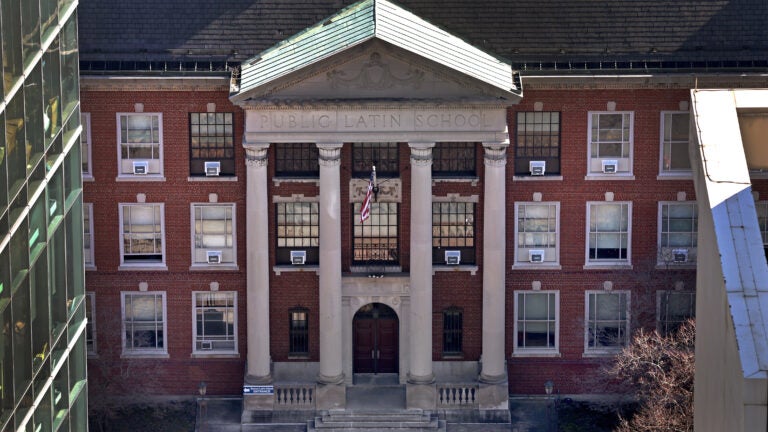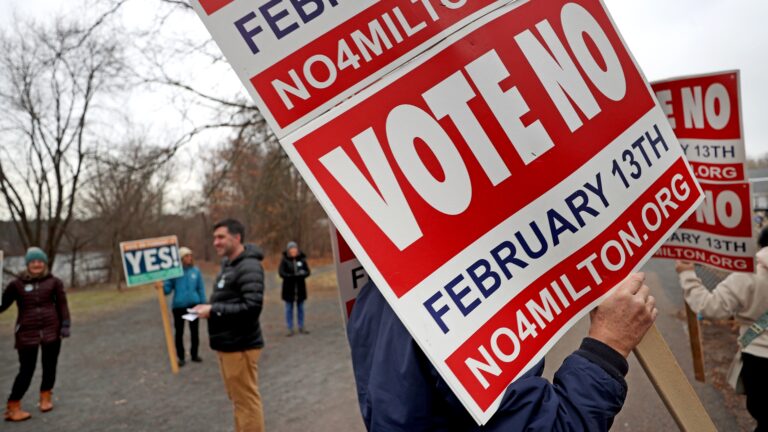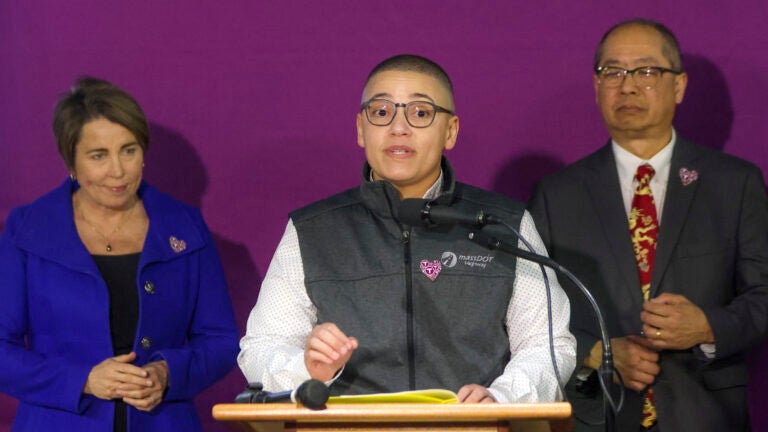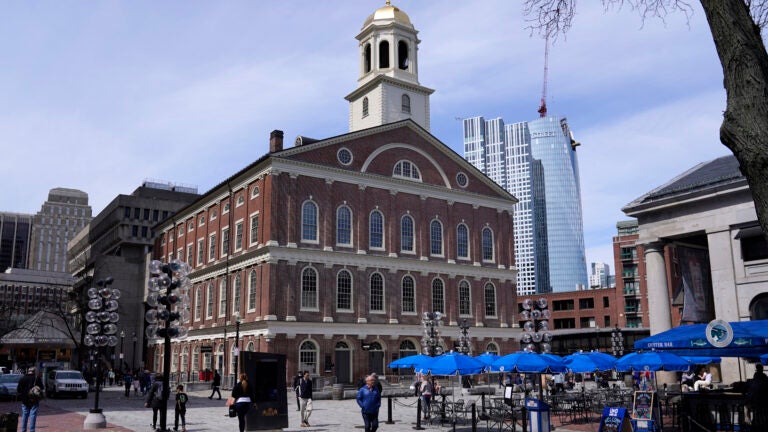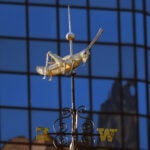The NAACP said it opposes a Faneuil Hall memorial for slave trade victims. Now, the artist says he’ll take it out of Boston.
"I am hurt. ... This is the city that made me into the artist that I am," said artist Steve Locke.
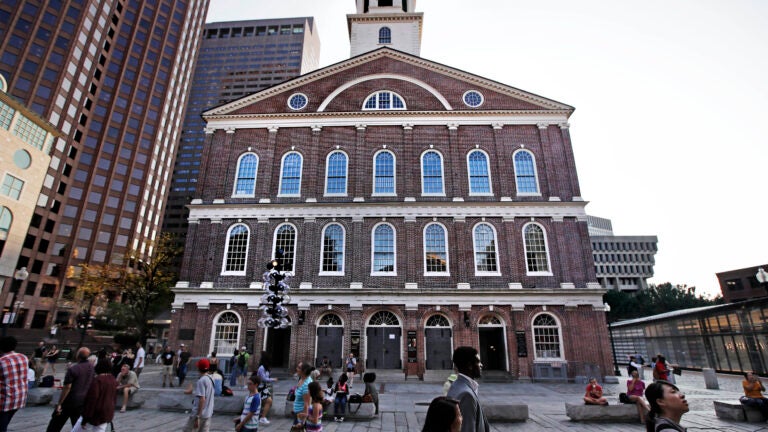
The artist behind a slave trade victims memorial proposed for Faneuil Hall, an endeavor heralded by Mayor Marty Walsh last year, said this week he is pulling out of plans for the project in Boston after the city’s NAACP branch told him it opposes the installation.
Steve Locke announced his decision not to pursue the auction block monument through a post on its Kickstarter fundraiser page Tuesday.
“It is no secret that the Boston Branch of the NAACP is not fond of Mayor Martin J. Walsh, and I believe they see opposing this project as a strong opportunity to attack him,” Locke wrote.
Objections from the NAACP put Walsh in an “untenable position as he cannot discount their opposition,” and, without the mayor’s support, the project would be in jeopardy, according to Locke.
The memorial intended to shine a light on the history not immortalized at the city’s bustling tourist attraction, both the slave auctions once held along Merchants Row and the full story of Faneuil Hall’s namesake and benefactor: Peter Faneuil, a wealthy 18th century merchant and slaveholder who made his money trading slaves, tobacco, fish, produce, rum, and molasses.
Plans for the piece — a 10-by-16 foot bronze plate in the shape of an auction block — came amid calls in recent years to rename Faneuil Hall, an effort spearheaded by the New Democracy Coalition, a grassroots civics group that has also openly criticized Locke’s project.
The organization has said Walsh used the memorial as a “political distraction.”
Walsh said last year he is opposed to renaming the hall.
“This is about people who don’t like the mayor and they wanted to find an opportunity to embarrass him,” Locke told Boston.com Thursday.
In a statement to WBUR Wednesday, Tanisha Sullivan, president of the Boston Branch of the NAACP, said the organization wanted to see a planning process that included more public outreach for the project.
“The NAACP Boston Branch seeks a more inclusive discussion about the opportunity to memorialize these men, women, and children — where a memorial should be located, and how its design should be selected,” Sullivan wrote in the statement. “For example, the King Boston memorial process reflected a wonderfully inclusive community dialogue. If we are to own our past and commit to moving forward, we must do so together.”
In an email to Locke shared on the Kickstarter page, Sullivan wrote that the NAACP is “centered on uplifting and advancing communities of color, with a focus on the Black community in the City of Boston.”
“It is for that reason that we object to the installation of a slave auction block memorial in front of Faneuil Hall and have made these objections known,” Sullivan wrote.
Locke, however, said he reached out to the NAACP when he became an artist-in-residence for the city. A budget meeting and a public hearing were scheduled in the coming days, he said.
“They’re mad because a black artist did something in the city and didn’t need them,” Locke said in an interview.
Locke secured $150,000 for the project from the city in March. On Kickstarter, the memorial far surpassed its $30,000 goal, raising over $45,000 from about 450 supporters as of Thursday morning.
“I thought Steve’s proposal was thoughtful and an important telling of a history that must have more visibility,” Walsh said in a statement to Boston.com Thursday. “I was hopeful that a public process would have allowed Steve to provide that context.”
Locke wrote that he fully understands if people wish to withdraw their financial donations, but said he is humbled by the fact many have not, adding that “it has been the only blessing that’s come out of this.”
He confirmed that he’ll continue to pursue the project elsewhere, particularly at another location somewhere on the East Coast where people were sold into slavery.
“This work is going to get built,” Locke said. “It’s just not going to get built here.”
A Detroit native who moved to Boston three decades ago, Locke, who taught at MassArt, is now leaving town for New York City, where he’s slated to start as a tenured professor at the Pratt Institute this fall, he said.
“I am hurt. … This is the city that made me into the artist that I am,” he said.

